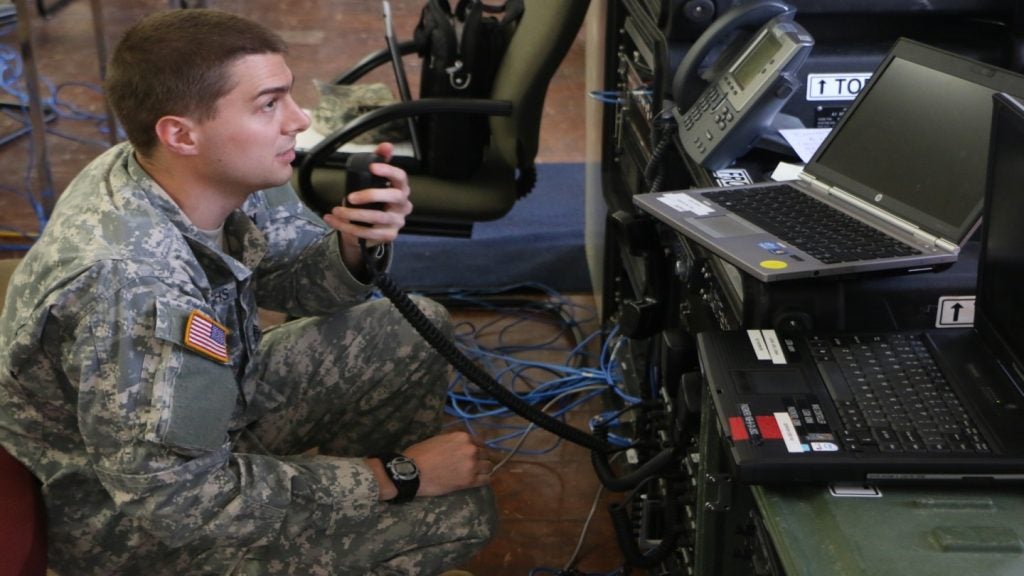Humanetics has signed an agreement with the US Department of Defense (DoD) for advanced development of a radiation drug for use by military personnel.
Under the cooperative research agreement, the DoD will provide $6m in funding to Humanetics under the Joint Warfighter Medical Research Program.
The company will use the funding for development of BIO 301, an orally administered drug that can protect troops from radiation exposure.
Humanetics president and CEO Ronald Zenk said: “With the potential use of radiological or nuclear weaponry in the current global environment, the protection of our armed forces from radiation exposure and enabling them to operate in areas of concern is a strategic imperative.”
The BIO 301 will serve as a prophylactic medical countermeasure. The drug is a preventive measure for use by troops before potential exposure to lethal radiation.
Advanced development funding assumes significance as there are no FDA-approved drugs for this purpose.
How well do you really know your competitors?
Access the most comprehensive Company Profiles on the market, powered by GlobalData. Save hours of research. Gain competitive edge.

Thank you!
Your download email will arrive shortly
Not ready to buy yet? Download a free sample
We are confident about the unique quality of our Company Profiles. However, we want you to make the most beneficial decision for your business, so we offer a free sample that you can download by submitting the below form
By GlobalDataHumanetics added that the drug may also be taken by first responders during nuclear accidents or terrorism.
Based on the company’s existing BIO 300 drug platform, BIO 301 can be used in harsh operating environments.
The advanced development will take the radioprotective drug toward FDA approval.
In addition, a clinical trial is ongoing to study the potential use of BIO 301 to address side effects of radiation in cancer patients.
Zenk added: “We are enthused and encouraged by the DoD’s continued investment in the development of BIO 301 as a medical countermeasure that can be used to protect military personnel and first responders at risk of radiation exposure.
“We see this drug not only providing benefit to warfighters, but also to civilian populations at risk of nuclear incidents and, furthermore, to improve the lives of cancer patients.”







